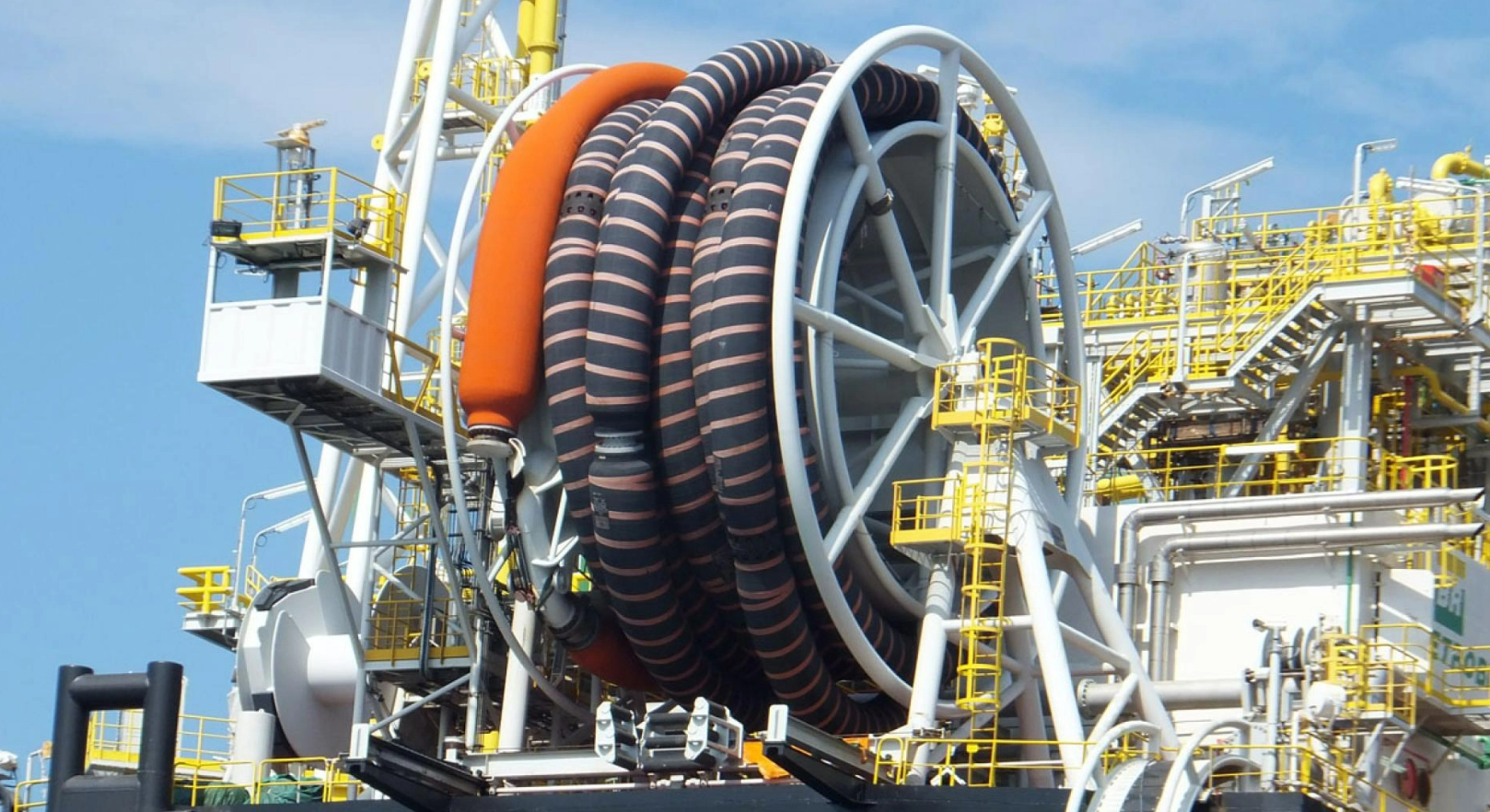MODEC Guyana Inc. is seeking a qualified subcontractor to perform assembly, testing, certification and installation of marine offloading hoses for its floating production, storage and offloading (FPSO) vessels operating offshore Guyana.
The scope of work includes inspection and renewal of hose certification, non-destructive testing (NDT), and inspection of the hose reel. The selected contractor must also provide a suitable wharfage area to safely assemble the hose string and build a fit-for-purpose system for the FPSO.
MODEC hires Oslo-based company to supply compressed air system for Guyana FPSO | OilNOW
MODEC requires that the subcontractor supervise all processes to ensure the equipment is certified as safe for operation in accordance with manufacturer standards. The job also involves specifying technical requirements for both onshore and offshore hose testing, including pressure test procedures and visual inspections.
Certification of the offloading hose string must meet manufacturers’ specifications, such as those from Continental/Dunlop, and standards from the Oil Companies International Marine Forum (OCIMF) and MODEC Guyana. The contractor must also evaluate and recommend preventive or corrective measures to avoid failures and downtime.
Additional requirements include providing a tugboat to assist with hose handling and inspection, having onshore facilities capable of testing and repairs, and performing hydro leak tests to confirm hose integrity before offshore installation.
MODEC seeks fabrication services for upcoming FPSO projects in Guyana | OilNOW
All personnel and equipment must comply with Guyana’s local laws and MODEC’s technical and safety standards. The subcontractor will also be required to participate in hazard identification (HAZID) and risk assessments for hose replacement.
MODEC currently holds engineering, procurement, construction, and installation (EPCI) contracts for two FPSOs being built for ExxonMobil’s offshore developments — the Uaru and Hammerhead projects. These vessels are expected to support the expansion of oil production at the Stabroek Block, which is projected to reach 1.7 million barrels per day by 2030.



